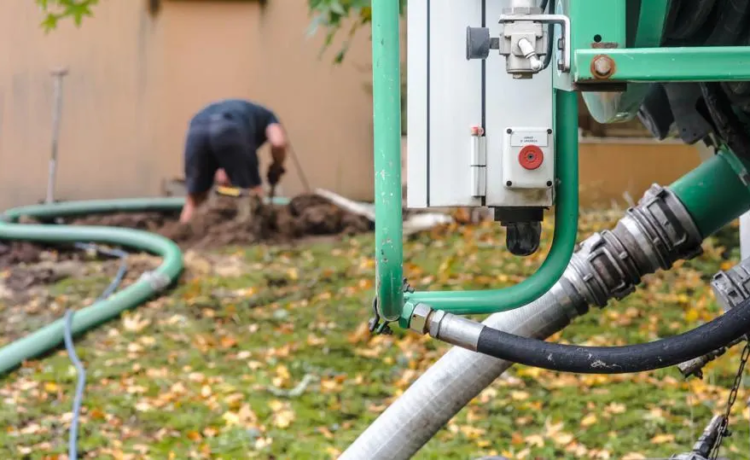It is crucial to prioritize the maintenance of your septic system to the efficient functioning of your home’s plumbing and the overall hygiene of your property. One crucial aspect of septic system maintenance is regular septic tank cleaning. Determining the ideal frequency for septic tank cleaning will be confusing for homeowners. Regular septic tank cleaning is vital for preventing the build-up of sludge and scum inside the tank. Over time, solid waste materials and debris accumulate at the bottom of the tank, while lighter materials float to the surface. If left unaddressed, these accumulations disrupt the natural bacterial balance in the tank, leading to clogs, backups, and potential system failures. By scheduling regular cleanings, remove these accumulations and maintain a healthy septic system.
Household size and water usage
The number of people living in the home and the amount of water used each day are important considerations when determining how often your septic tank needs to be maintained. Larger households with more occupants tend to generate more wastewater, which results in a quicker build-up of solid waste in the tank. Excessive water usages, such as frequent laundry loads or extended showers, overloads the septic system, necessitating more frequent cleanings. The size of your septic tank also influences the cleaning frequency. Smaller tanks have less capacity to store waste, making them more susceptible to rapid accumulation. If you have a smaller tank, you may need to schedule more frequent cleanings to prevent potential issues. On the other hand, larger tanks hold more waste, extending the time between cleanings.
Type of solid waste disposal
The type of solid waste disposal system impacts the frequency of septic tank cleaning. If your household disposes septic tank problems that are not septic system-friendly, such as diapers, feminine hygiene products, grease, or excessive chemicals, it leads to clogs and a faster build-up of waste in the tank. In such cases, more frequent cleanings may be necessary to avoid system malfunctions. Environmental conditions also affect septic tank cleaning frequency. For instance, if your property is situated in an area with a high water table or experiences heavy rainfall, it increases the strain on your septic system. Consequently, more frequent cleanings might be required to ensure optimal performance and prevent system overload.
Expert recommendations for septic tank cleaning frequency
While there are several factors to consider, expert recommendations generally suggest septic tank cleaning should be done every 3 to 5 years. This time frame provides a reasonable balance between preventive maintenance and cost-effectiveness. It is crucial to remember these recommendations are not universal and may vary based on the aforementioned factors unique to your household and property. Properly maintaining your septic system is essential for ensuring the health and hygiene of your property. Regular septic tank cleaning plays a significant role in preventing issues such as clogs, backups, and system failures.











